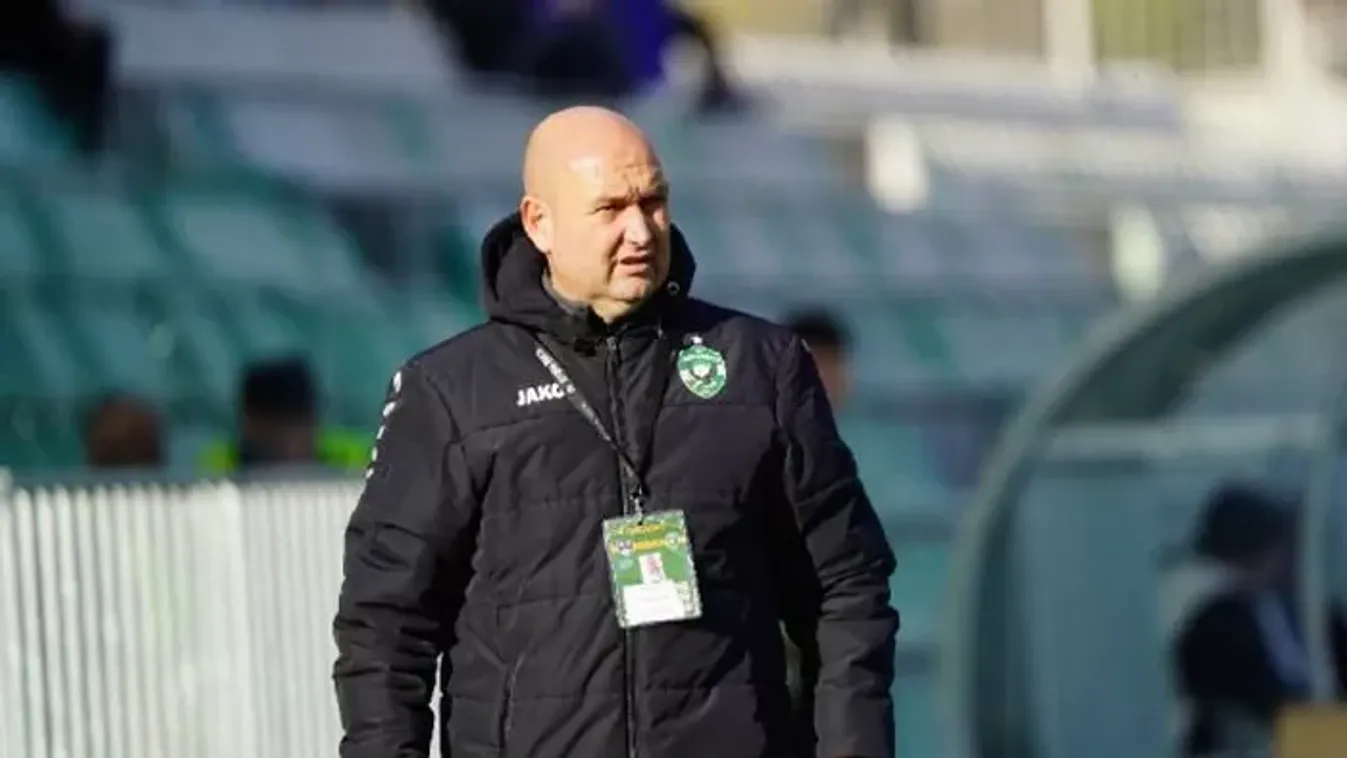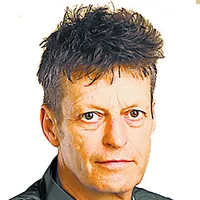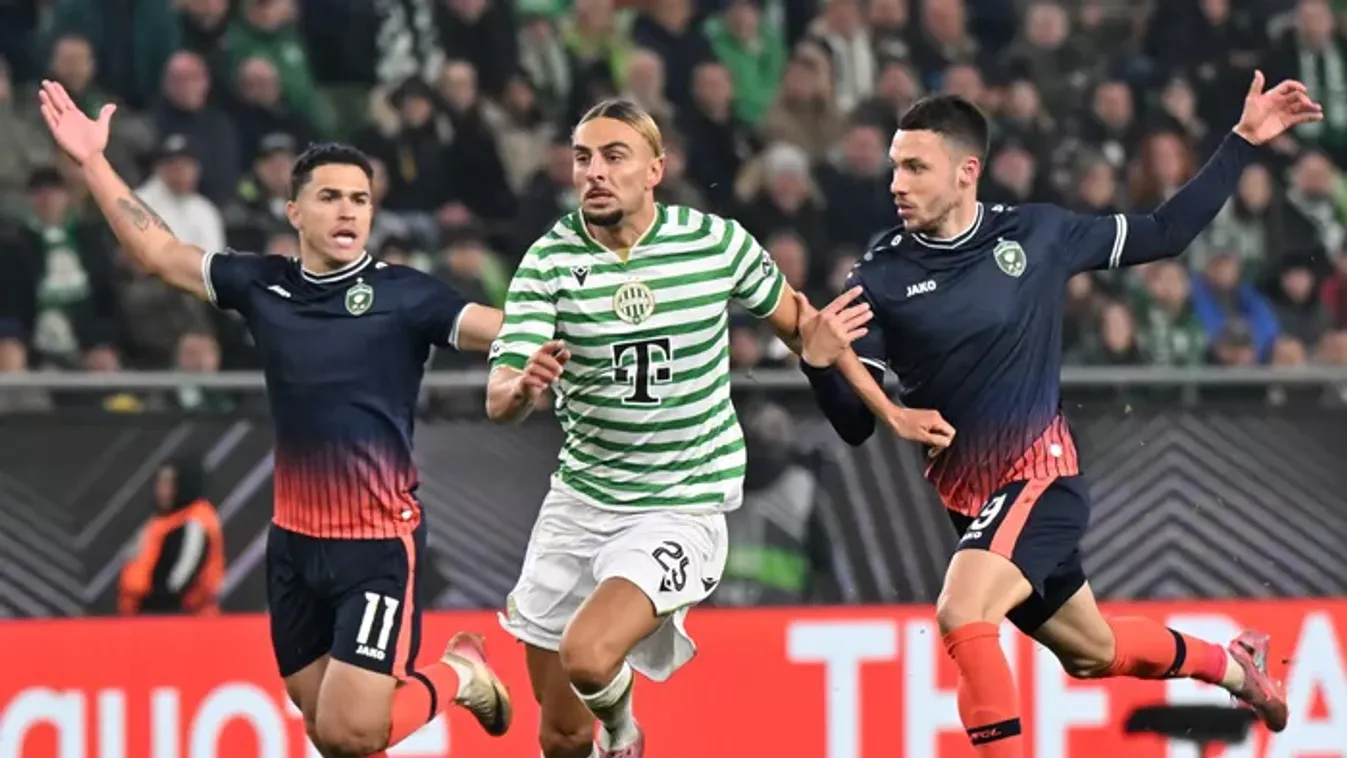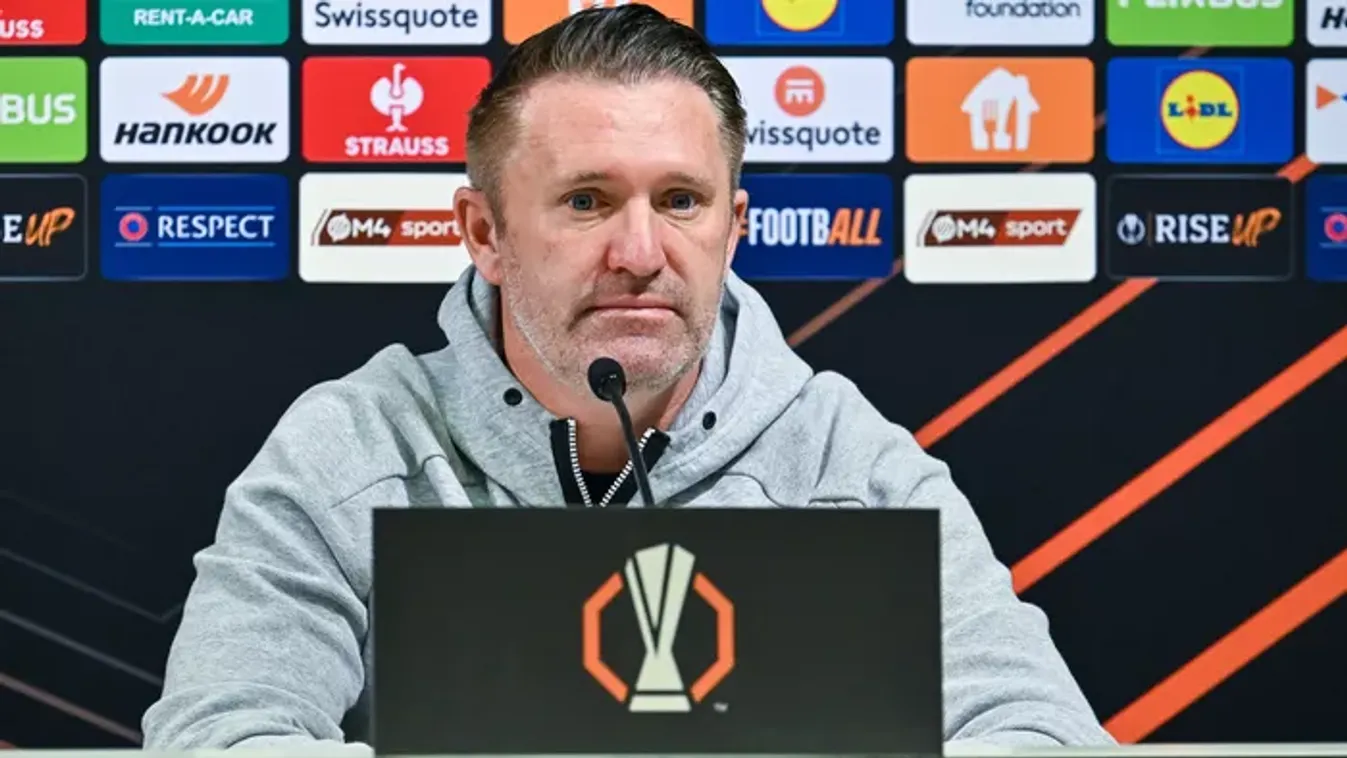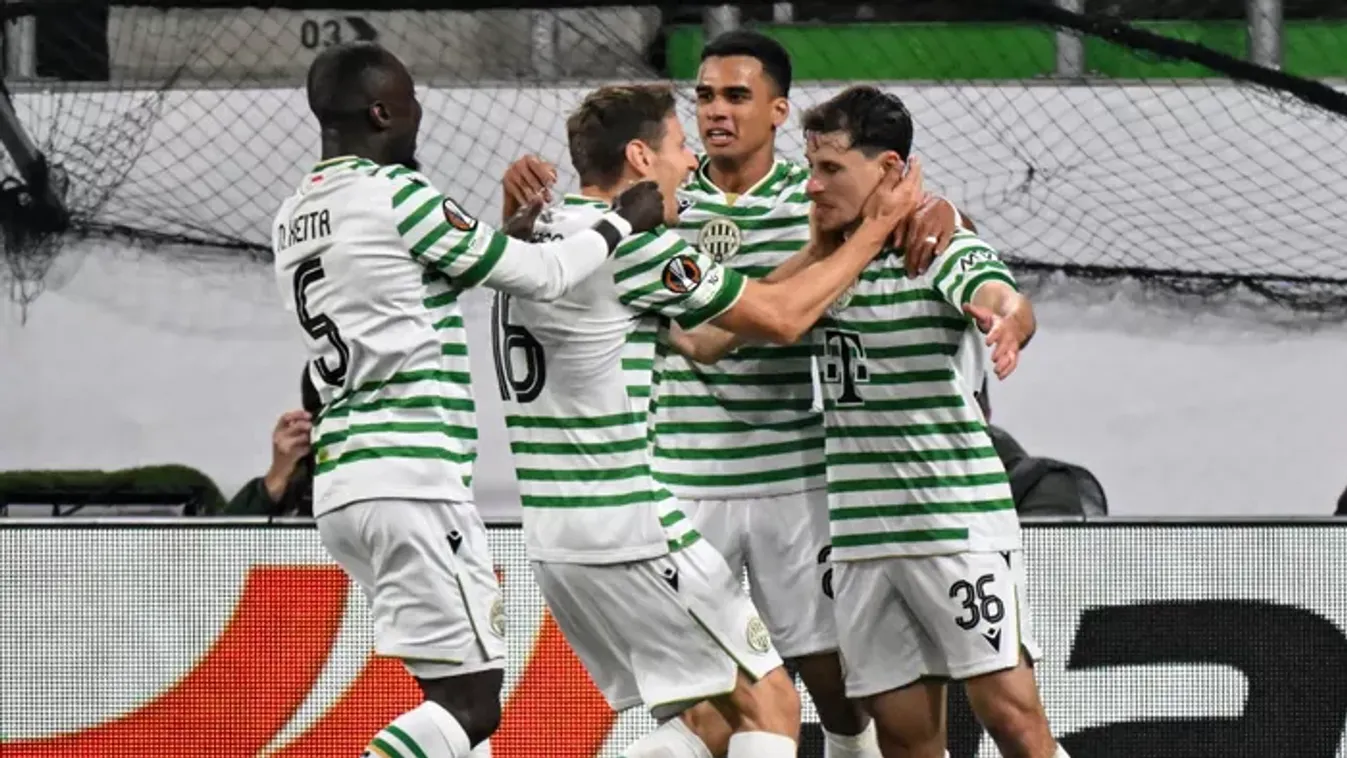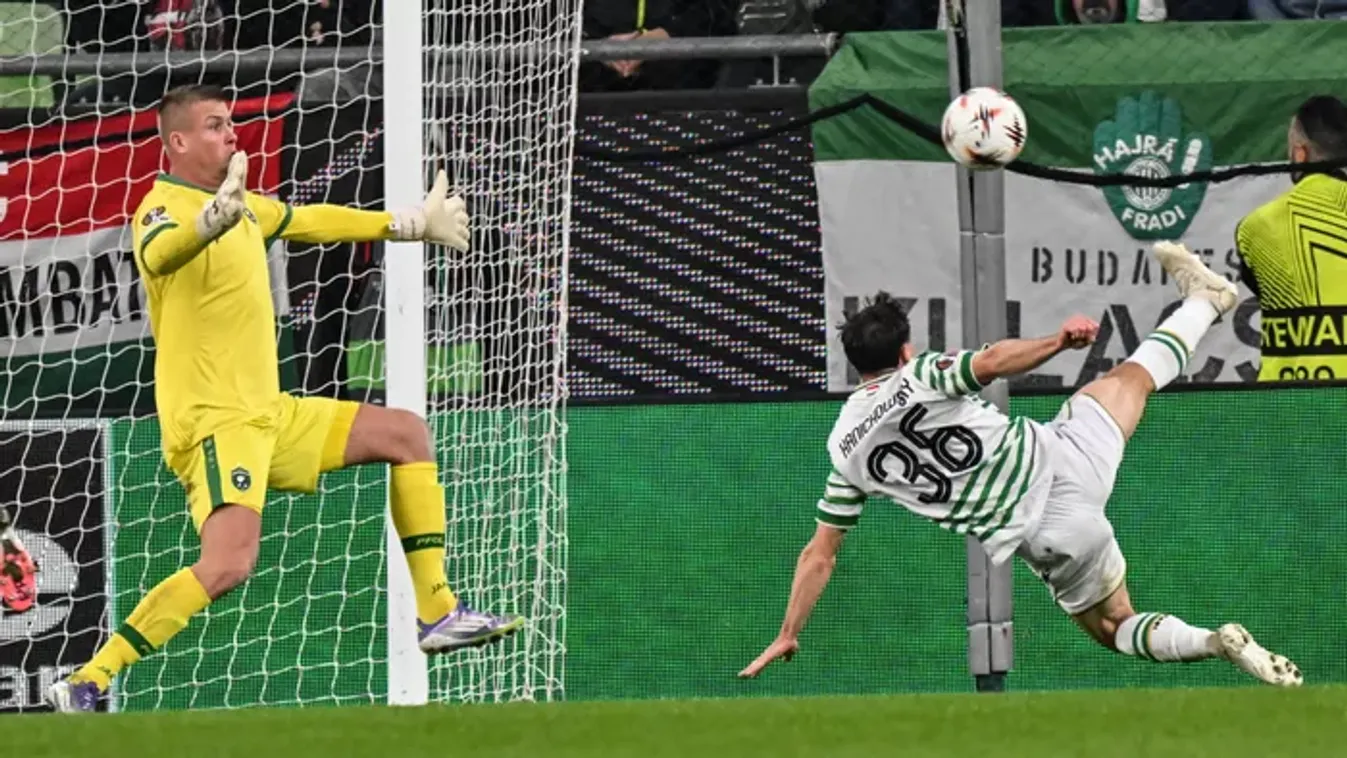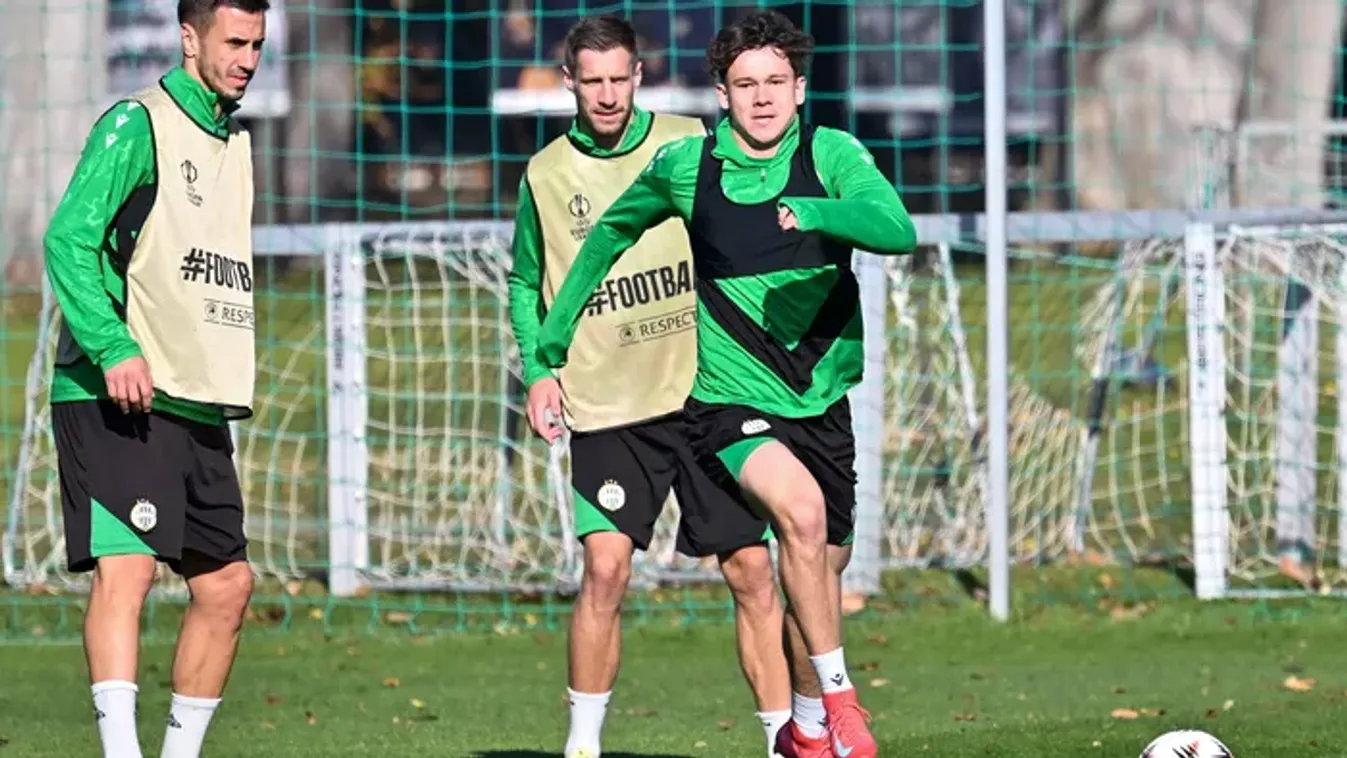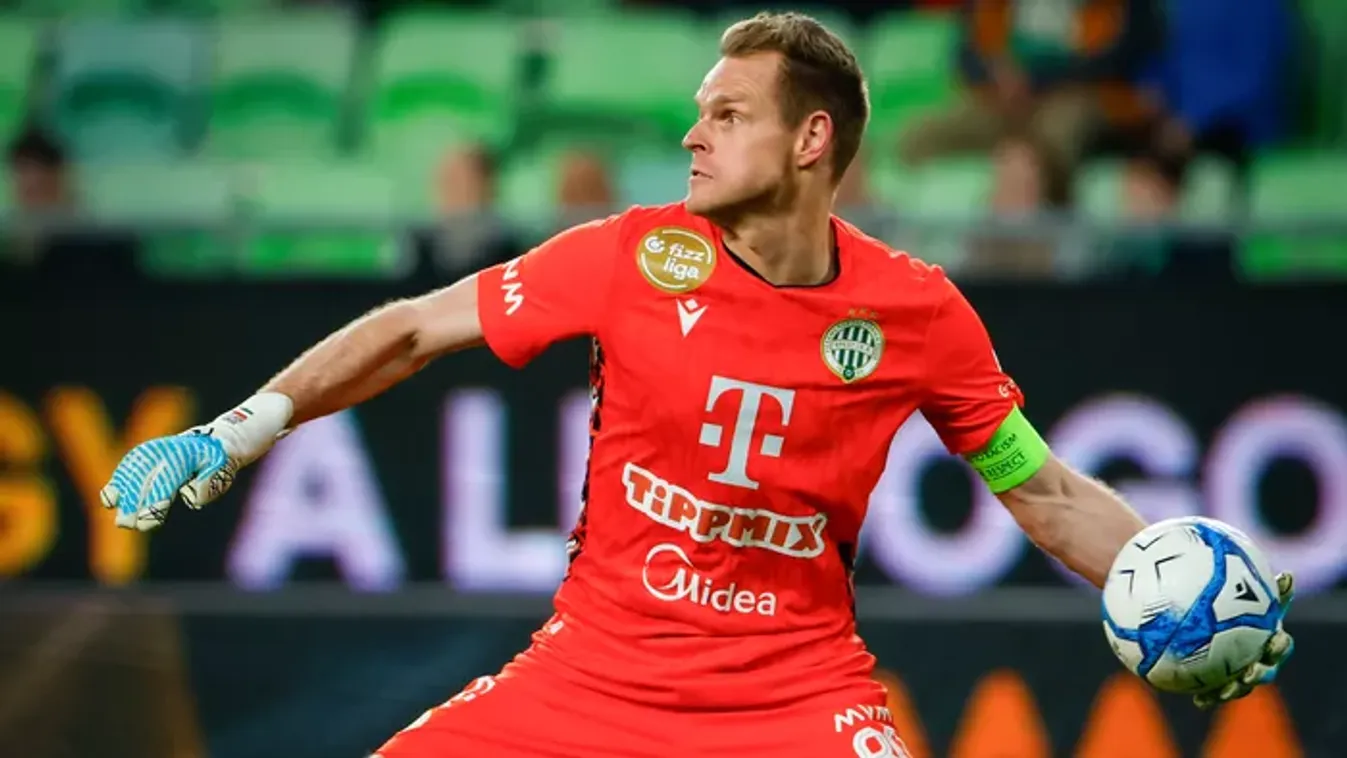Fradi is his everything – Péter Lipcsei, Ferencváros’ record holder, is 50 years old
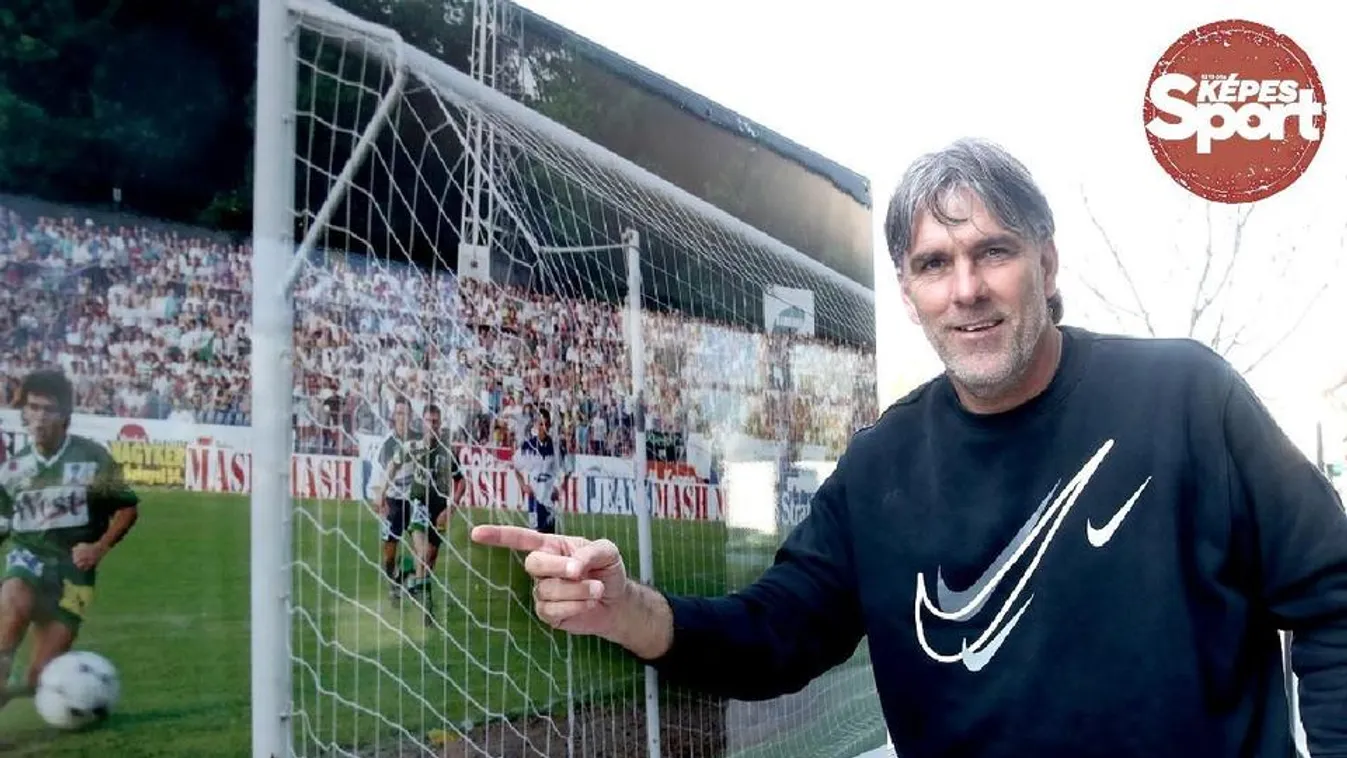
Born:March 28, 1972; Kazincbarcika |
Sport:football |
Position:midfielder |
Cap/goal:58/1 |
Clubs as a player:Kazincbarcikai Vegyész (1987-1990), Ferencváros (1990-1995), FC Porto (1995-1998), Espinho (1996-1997, on loan), Ferencváros (1997-1998, on loan), Wüstenrot Salzburg (1998-2000), Ferencváros (2000-2010) |
Clubs as a coach:Ferencváros II (2010-2014), Ferencváros U21 (2014-2017), Soroksár (2017-) |
Achievements as a player:4-time Hungarian champion (1992, 1995, 2001, 2004), Portuguese champion (1996), 6-time Hungarian Cup winner (1991, 1993, 1994, 1995, 2003, 2004), 3-time Hungarian Super Cup winner (1994, 1995, 2004), Portuguese Super Cup winner (1996), Cup Winners’ Cup top goal scorer (1991-1992), Ferencváros’ footballer who played the most matches (649) for the team |
Recognition:2-time Hungarian Footballer of the Year (1991, 1995) |
– Bp. Honvéd–Kazincbarcika played a classifier in Kispest in the summer of 1990. The home side won 1-0, so they continued in the first division. And so did a long-haired boy from Barcika but in Ferencváros.
– I had several offers: from Békéscsaba and Diósgyőr, but I didn't hear of Fradi. I found out later that Zoltán Magyar, the department director of the Green and Whites, and Tibor Nyilasi, coach, came to the Bozsik Stadium because of me.
– Did you sign with Fradi after that?
– It wasn't easy. Although I had graduated high school, I needed my father's signature for some reason.
– He was your coach in Kazincbarcika. How did you feel about the opportunity?
– He liked it too because Fradi is Fradi. I remember Zoltán Magyar brought his typewriter to Barcika, where he typed the contract with us. After a few days, in the dressing room of the old stadium on Üllői út, Nyilasi introduced me to the team, Attila Pintér, Miklós Józsa, Dodi Bánki, Pali Fischer, Zsolt Limperger and the others, but then I traveled to the youth national team because Hungary hosted the European Championship. We were eliminated by the golden generation of Portuguese with penalties. Luís Figo, João Pinto, Rui Costa, Jorge Costa played in the opponent's team.
– You've become good friends with the latter one in Porto. At the European Championship, did you even think about playing football with any of them abroad?
– It never occurred to me that I would ever be a foreign player. I wanted to be a stable NB I football player, to take root in Fradi. Costa was very sympathetic, he accepted me immediately, our families even got together. We kept in touch for a long time, and only lost contact after he was appointed head coach of Gabon.
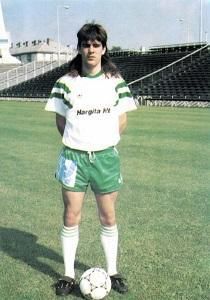
– What was something that you were particularly good at, in which you stood out from the others? Which made Nyilasi put you right in the starting lineup?
– Perhaps my greatest talent was my kicking technique, I was able to kick with both of my legs, and my situational awareness was good, when the striker started running, I already put the ball in front of him. Of course, all this came to light afterwards, but obviously, Nyilasi saw this in me as well. Uncle Tibi initially counted on me as a man-to-man defender. Limperger and I had to neutralize the opponent's two strikers, and according to the game system of the time, the sweeper, Attila Pintér, played behind us. I was not particularly quick, photocell surveys were carried out in the time of the English owner: without a ball, I belonged to the second half of the team. But when time was measured while dribbling the ball, I was among the best – even at the age of 36. I was able to accelerate, so I dared to do solos. I dribbled the ball on the opposite side of those attacking me.
– Újpest–Ferencváros 0–5.
– August 18, 1990, Megyeri út. What am I supposed to say...? It was my first championship, and it was against the Purples. I still remember the whole game, the five goals. Few people know that I have already played twice for the Green and Whites at a preparation tournament in August on Üllői út.
BEST OF PÉTER LIPCSEI (Source: FradiMédia)
– Did you think of becoming a national team player?
– But it was wishful thinking as a kid. I remember the national team matches broadcast on television, the camera showed the footballers up close chewing gum or listening to the National Anthem with their hands on their hearts. Of course, I sang with them, and I tried to copy what I saw on the screen from the cool players. My father and brother didn't take me seriously, and sometimes I sulked at that telling them, "You'll see, I'm going to be standing there one day!" This became a reality on September 11, 1991, when Kálmán Mészöly sent me to the field in a preparation match against Ireland.
– With Tonó Balogh, Tibi Simon, Manci Telek, Father Keller, Kuznetsov, poor Foci (Imre Fodor – the ed.), with Floresz (Albert Florian Jr. – the ed.), Wukó (László Wukovics – the ed.) and the others, we understood each other very well. I will never forget that after we defeated Diósgyőr 2-0 in an away match and came home, along the way, there was a Fradi flag waving on the houses as if the whole country was a Fradi supporter.
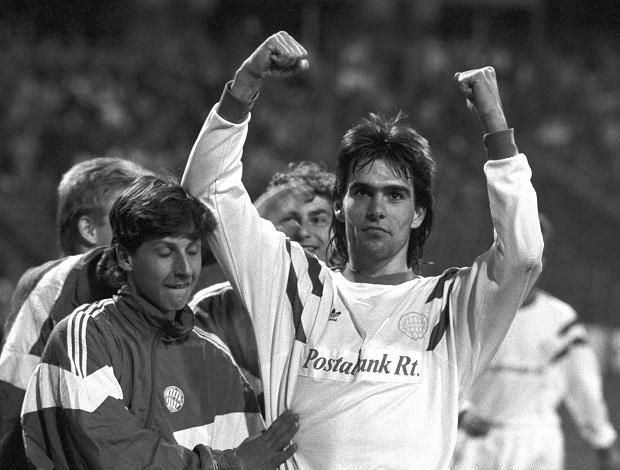
– Let's not forget that Ferencváros became champions again after eleven years!
– Of course, that mattered a lot! After 11 years, it was time for a gold medal. We won 13 of the 15 rounds in the spring in the two-point system and had two draws. Vác was breathing down our necks, and I have a story about this: at the end of Vác's league game, it was announced that the score was Diósgyőr-FTC 2-0 – and then, of course, it was corrected. We traveled to the national team's training camp, the goalkeeper of Vác, Koszta, was also a member of the squad. We, Fradists, asked him, "Hey, Jani, what was it like to believe to be a champion for a minute or two?" He was yelling and chasing us down the hallway. Well, I ran fast without the ball then...
– When I say Tibor Nyilasi...
– ...he is my second father. When he was my coach for the first time between 1990 and 1994, we won a championship gold medal and three Hungarian Cups, but these are just numbers. Because when I came back to Fradi on loan from Porto for a season, I came because of him. I am grateful for him not because I could be a starter from the beginning, but because he trusted me. This is perhaps the most important thing for a footballer. The other is a professional thing: he noticed that, in addition to man-to-man defense, I have the energy to build attacks. He encouraged me to dare to do it, and I was a midfielder from my second season.
– This is also due to the fact that in the 1991–92 European Cup Winners' Cup, you became the top scorer of the series with six goals. You scored four goals for Bulgarian Levski and two for Werder Bremen. Was this the best time of your career?
– This, and my first season at FC Porto (1995-96). I played very good football until my injury. I can tell you that Bobby Robson liked my game.
– Is it true that he fell in love with your game in the 2-0 home rematch win over Porto?
– Apparently, yes. I didn't play in the 6-0 defeat; I couldn't play because of my yellow cards. Dezső Novák also told me to stay at home, get ready against Vasas, and get energized for the rematch against Porto. It went well on Fáy Street, we won 4-2, and I scored two goals.
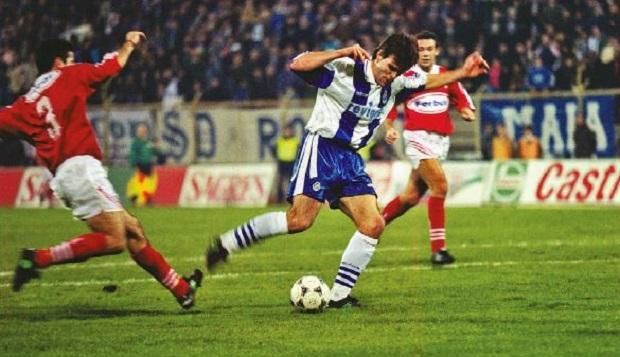
– How did you sign a foreign contract at that time?
– Well, it didn't go as easily as it does today... I'll start by saying that some managers have "stunned" us. There was a ravage in the dressing room; they were whispering in our ears. I was lucky with György Bognár, who lives in Belgium. He asked, "Would you go to Porto?" to which I replied, “Of course." A few days passed, and the Portuguese leaders came and President István Szivós signed the deal.
– You often hear from those who are abroad that training is different there. Is it different?
– The mentality is different. György Mezey also said at the coach training, and I experienced it firsthand that the games against each other are taken seriously abroad. Here, at the end of the training session, everyone takes the game as a kind of cool down, but abroad, the fight for getting into the team begins then. They have to prove who's better. I remember, I played football with crumpled calf socks as usual, and João Pinto of older age, who won a Cup Winners' Cup with Porto back in 1987, even asked: "Why did you come here?" So, I quickly came to my senses.
– What would you say about your time at Porto after all these years?
– I can only say what I have always said: everything went well until my injury, and then not so much. On March 27, 1996, I tore my left cruciate ligament during a training session. They wanted to operate on me the next day, but I told them I didn't want to go under the knife on my birthday.
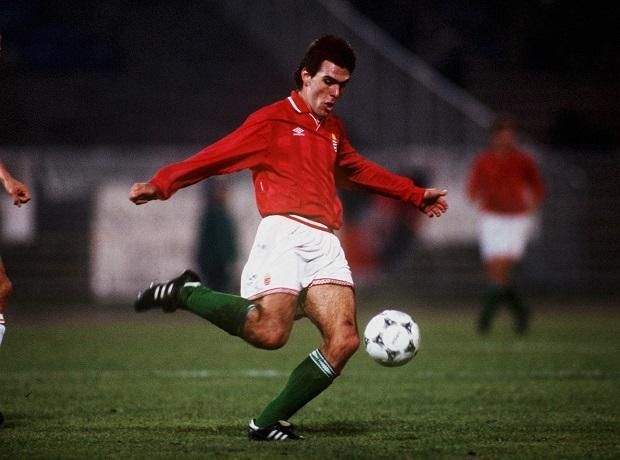
– How much of a reality was Bobby Robson taking you to Barcelona?
– My wife drove me back and forth in the summer of 1996, when we went to the training center, I saw that there was a huge crowd. That's when I found out Robson was going to be Barcelona's coach. I congratulated him, and he leaned into the passenger seat window and said, "Next year, you're coming, too!" In December, José Mourinho called me and said they were counting on me...
– Why did the opportunity fail in the end?
– On the one hand, they did not trust – not Robson – that my legs were 100 percent. On the other hand, they wanted to sign players for a position or two, and the managers forced their candidates in tens or twenties.
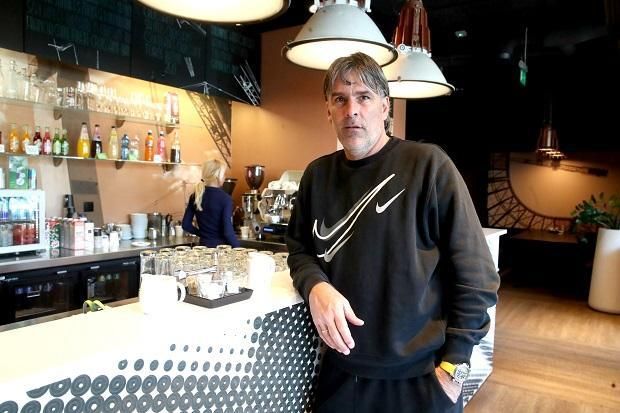
– Did you go on loan to Espinho feeling sad?
– No. I played through the whole spring of 1997, and then I also came back to Fradi on loan, as I said, mainly because of Nyilasi. The important thing for me was to prove that my leg was okay so that I could be counted on again in Porto. But even though I was healthy, Fernando Santos, the current manager of the Portuguese national team, did not make me play. At that time, I accepted Salzburg's offer – Szabolcs Sáfár and Attila Korsós also played football there. But in 2000, Fradi invited me again, and I came home. My older son didn't feel comfortable there, so I decided to give up all the money I was due and come home.
– It would not have been bad to be in Ferencváros again if there wasn't a gauntlet in the second line between 2006 and 2009.
– It was horrible. As a team captain, I was torn between the management and the footballers. I gave the young athletes a thousand forints multiple times to eat properly... I don't wish that period for anyone. We didn't get any money for months while we signed that the club has no debt to us because, without it, it would not have received a license.
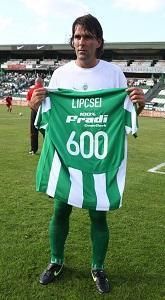
– Why weren't you a national team player between 1997 and 2002?
– After the fiasco against Yugoslavia, Bertalan Bicskei became the head coach, and although he talked to Sáfár, Korsós, and me about the future, he did not invite me in the end... which annoys me not because I couldn't be capped 100 times, but because Robson was Newcastle's manager at the time, and he invited me to England. However, for a work permit, I would have had to play a certain percentage on the national team matches. And I wasn't on the pitch on any of them...
– You've been coaching for over ten years. What is needed to permanently catch up with Europe's middle rank?
– I think Marco Rossi's concept is good. But more of our footballers – like Dominik Szoboszlai, Roland Sallai – should play regularly in strong leagues.
– At the age of 50, you aren't considered a young coach anymore. FTC regularly hires foreign trainers, and you're not even on the coaching staff. How satisfied are you with your situation as a coach in Soroksár?
– It is a complex question. Soroksár is the little Fradi, so I serve the Green and Whites here too – either following the requests of the big team and who should play how much. The other thing is that, with my name, I can't go anywhere, and I don't want to go anywhere on the second line. At the same time, I look forward to being able to complete myself as a coach in Fradi!
– As a player, you have already succeeded. You broke György Sárosi's club record of 646 matches when you made 649 appearances with Ferencváros that includes the farewell gala of the stadium on Üllői út (opened in 1974) and some footballers. What does that mean to you?
– Everything! Fradi is my everything!
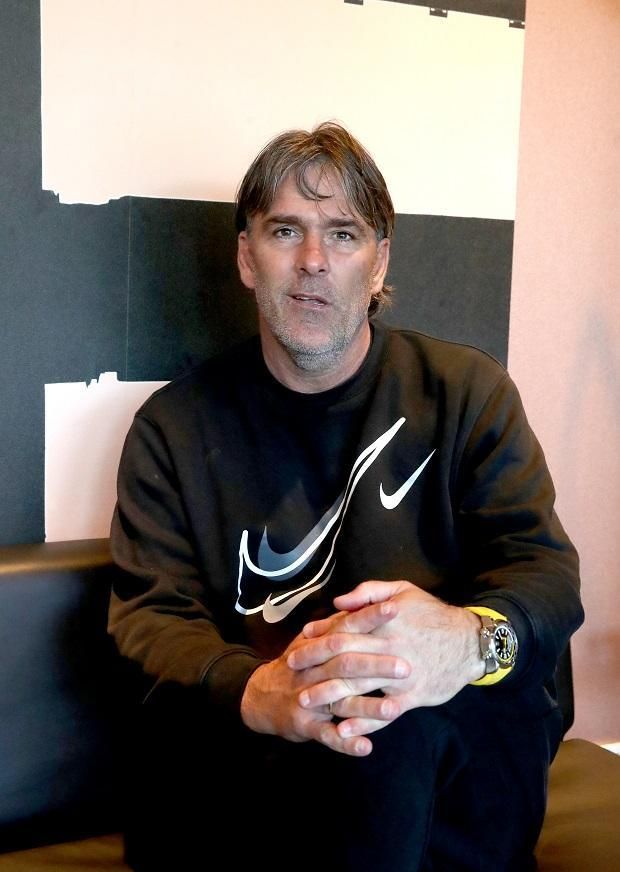
August 18, 1990; Ú. Dózsa–Ferencváros 0–5 (NB I) “Five Arrows in the purple target,” roared Nemzeti Sport’s cover the following day after defending champion Újpest lost 5-0 at home to rookie coach Tibor Nyilasi’s Ferencváros in the season opener of NB I. The derby was the beginning not only for Nyilasi but also for 18-year-old Péter Lipcsei, who was acquired from Kazincbarcika that summer. The footballer, however, who was a man-to-man defender at the time, stood up well to his task. |
September 18, 1991; Levski Sofia–Ferencváros 2–3 (Cup Winners’ Cup) |
October 2, 1991; Ferencváros–Levski Sofia 4–1 (Cup Winners’ Cup) |
October 23, 1991; Werder Bremen–Ferencváros 3–2 (Cup Winners’ Cup) |
October 31, 1992; Vasas-Ferencváros 0–3 (NB I) |
March 23, 1994; Austria–Hungary 1–1 (national team) |
November 3, 1994; Ferencváros–FC Porto 2–0 (Cup Winners’ Cup) |
June 21, 1995; Vác–Ferencváros 3–4 (Hungarian Cup) |
December 10, 1995; Salgueiros–Porto 0–4 (Primeira Divisao) |
October 29, 1997; Hungary–Yugoslavia 1–7 (World Cup qualifier playoff) |
March 24, 2013; Ferencváros–CFR 1907 Cluj 0–0 (farewell match) |
(This article appeared in Nemzeti Sport's Saturday issue, Képes Sport, on March 26, 2022.)
Translated by: Vanda Orosz
